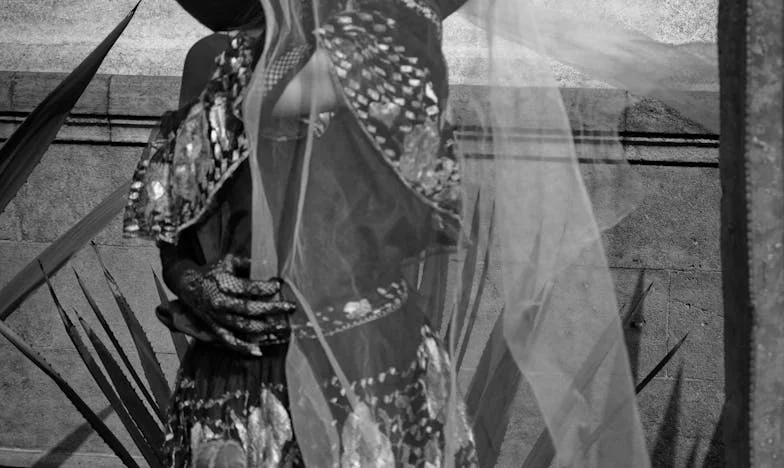Shattered Reflections: A Mother’s Struggle with Her Daughter’s Pain
“Mom, it hurts!” Emily’s scream sliced through the quiet of our suburban Indiana home like a hot knife, jolting me awake. I was up in an instant, sheets tangling around my legs as I stumbled out of bed. My heart pounded so loudly I could barely hear her sobs.
I rushed to her room, flicked on the light, and found my eleven-year-old curled in a tight ball, clutching her stomach. Sweat plastered her hair to her forehead. My mind spun: appendix? Food poisoning? I reached for her, but she recoiled, eyes wide with terror, as if I was the cause of her pain.
“Emily, honey, talk to me. Where does it hurt?” I tried to steady my voice, but it trembled, betraying the panic I fought to hide. She just shook her head, tears streaming down her cheeks, gasping for breath between sobs.
I grabbed my phone and called 911, my hands shaking so badly I could barely dial. The operator’s voice was calm, practiced. I recited our address, begged them to hurry. I tried to comfort Emily, but inside, I was unraveling. What had I missed? How had I failed her?
The paramedics arrived in minutes, but time stretched and warped. My husband, Mark, stood in the hallway, frozen, eyes wide with helplessness. We rode in the ambulance together, the sirens howling above Emily’s whimpers. Every bump in the road felt like another accusation: Bad mother. Unfit. Negligent.
At the hospital, the ER was chaos—cries, alarms, doctors barking orders. Emily’s pain ebbed and flowed, but the doctors couldn’t find a cause. Blood tests, scans, more questions. Mark hovered by the door, his jaw clenched, blaming me with his silence.
“Do you think this is because of all your work lately?” he hissed in the corner, away from Emily’s bed. “You’re never home. She’s always with that after-school sitter.”
I recoiled, the guilt already eating me alive. “You think I want this? You think I don’t worry every damn day?” My voice cracked, and I turned away before he could see my tears. I remembered my own mother—her cold distance, her way of turning everything into my fault. I swore I’d never be like her, but here I was, failing my own daughter.
The doctors came and went with more questions and no answers. Emily was admitted for observation. Mark left to get some sleep. I stayed, holding her hand, watching the monitors blink, feeling as if I were the one tied to the bed, unable to escape.
When Emily finally drifted into a restless sleep, I called my mother. I hadn’t spoken to her in months, not since our last fight over how I was raising Emily. She answered on the third ring, her voice sharp with suspicion.
“What’s wrong?” she demanded.
“It’s Emily. She’s in the hospital. They don’t know what’s wrong.”
A pause. Then, “Well, what did you expect? You’re always so busy. Kids need their mothers, Sarah.”
I swallowed a scream. This was what I’d feared most—that I’d inherited her coldness, that my daughter’s pain was my legacy. “I did everything I could,” I whispered, but she’d already hung up.
The next morning, the hospital psychiatrist visited. He spoke softly, asked about Emily’s school, friends, if anything had changed at home. Emily wouldn’t speak, just stared at the wall. I answered for her, ashamed as I admitted how little I knew about her inner world.
That night, alone in the hospital room, I watched the rain snake down the window. I remembered how Emily used to invent stories about magic worlds, about invisible friends who protected her. She’d always been sensitive, prone to nightmares. Lately, though, she’d grown quieter, withdrawn. I’d told myself it was just hormones, growing pains. But what if it was something more?
When Mark returned, he was subdued, eyes swollen from lack of sleep. “I’m sorry,” he murmured, taking my hand. “We’re both scared.”
I nodded, too exhausted to argue. “I just want her to be okay.”
Days blended together. More tests. More waiting. Emily’s pain faded, but she wouldn’t talk. I begged her, pleaded for her to tell me what was wrong. She just shook her head, eyes full of secrets.
One afternoon, as the sun stained the room gold, Emily finally spoke. “Mom, do you remember when you used to read me stories about girls who could heal with magic?”
I nodded, throat tight. “I remember.”
“I wish I could fix you, too,” she whispered.
Her words gutted me. All this time, I’d been so focused on her pain, I’d missed my own—the grief, the fear, the loneliness. Emily had felt it all along, carried it like a shadow.
After a week, we went home. There was no diagnosis, just “unexplained pain.” Mark and I tiptoed around each other, afraid to break the fragile peace. I called a family therapist. I took time off work. I tried, desperately, to listen.
Some nights, I still wake up to phantom cries. I check on Emily, watch her breathe, wonder if she’ll ever trust me with her pain. I wonder if the cycle can be broken, if love is enough to heal wounds no one can see.
Sometimes I stare at my reflection and ask myself: How do we carry our children’s pain without drowning in our own? And will I ever be enough for her to let me try?
